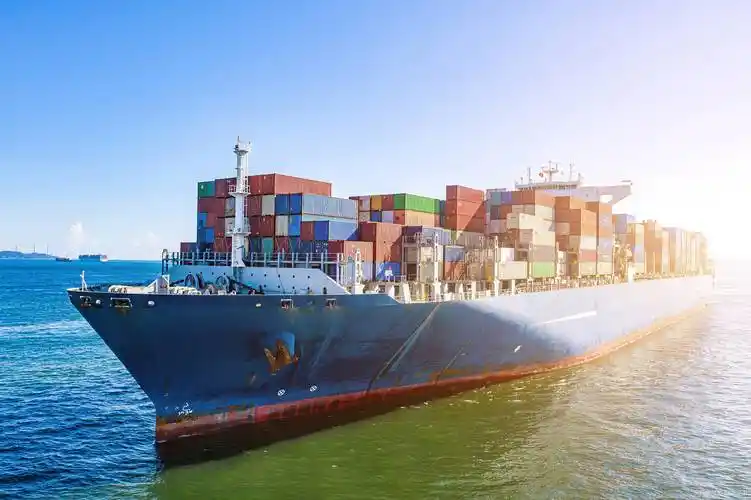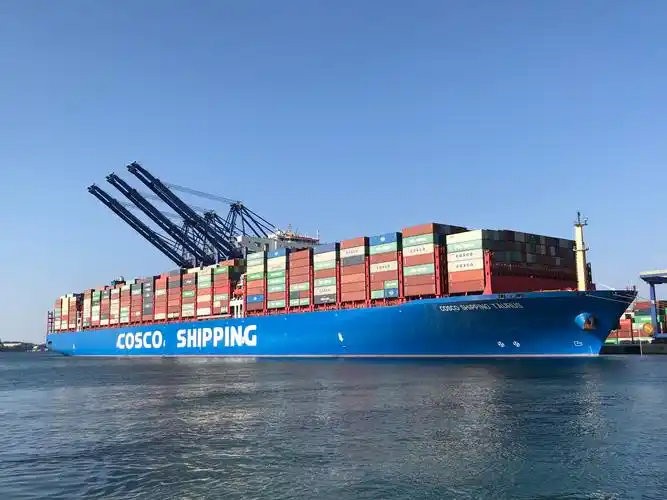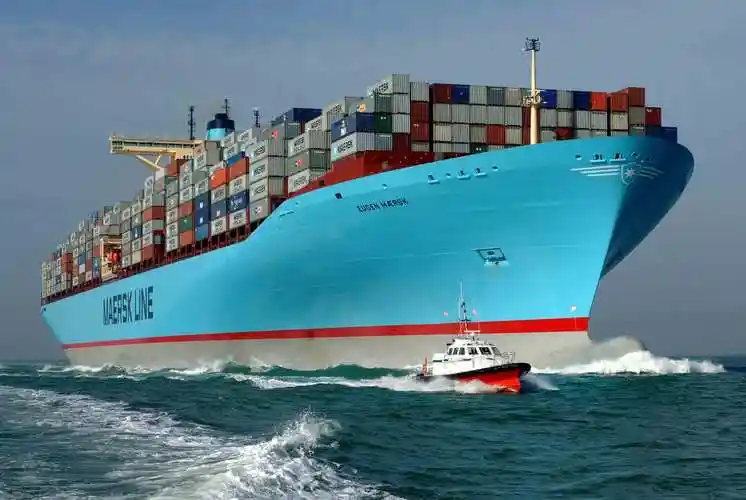


As global trade continues to expand, efficient logistics solutions are crucial for businesses importing goods from China. Freight forwarders play a pivotal role in managing complex shipping processes, offering expertise that helps streamline customs clearance, transportation, and last‑mile delivery. This guide provides an in‑depth look at Chinese freight forwarding, covering its benefits, core services, step‑by‑step procedures, and key considerations to ensure a smooth import experience.
- What Is Freight Forwarding?
Freight forwarding is the coordination and shipment of goods from one destination to another via single or multiple carriers (air, sea, rail, or road). A freight forwarder acts as an intermediary between the exporter and various transportation services, handling tasks such as:
Booking cargo space on vessels, aircraft, or trucks
Preparing and processing shipping documentation, including bills of lading, commercial invoices, and packing lists
Customs clearance and liaison with authorities to ensure compliance with import/export regulations
Cargo insurance arrangements to protect against loss or damage
Warehousing and distribution services for consolidated or deconsolidated shipments
By leveraging relationships with carriers and customs brokers, freight forwarders optimize routing, negotiate competitive rates, and mitigate logistical risks.
- Why Choose a Chinese Freight Forwarder?
Selecting a freight forwarder based in China offers several advantages for importers:
Local Expertise: Chinese freight forwarders have in‑depth knowledge of domestic regulations, port operations, and inland transport networks. They can navigate regional complexities more effectively than overseas providers.
Cost Efficiency: By consolidating shipments and negotiating bulk rates with carriers, forwarders in China often secure lower freight costs and reduced handling fees.
Streamlined Communication: Working with a forwarder in the same time zone and language zone simplifies coordination, documentation, and problem resolution.
Comprehensive Network: Established Chinese forwarders maintain partnerships with trucking companies, rail operators, and international shipping lines, offering flexible multimodal solutions.
These factors contribute to faster transit times, fewer delays at origin ports, and a more predictable supply chain.
- Core Services Offered by Chinese Freight Forwarders
Freight forwarders in China typically provide a suite of services designed to cover every stage of the shipping process:
- Export Customs Clearance
Filing export declarations with Chinese customs authorities
Securing necessary export licenses and permits
- Freight Booking and Consolidation
Reserving cargo space on sea vessels (FCL/LCL) or air cargo flights
Consolidating multiple small shipments into a single container to reduce costs
- Inland Transportation
Coordinating trucking from factory or warehouse to port or airport
Arranging rail transport for inland shipments to major hubs
- Documentation and Compliance
Preparing bills of lading, packing lists, certificates of origin, and other required documents
Ensuring compliance with international trade regulations and Incoterms
- Insurance and Cargo Protection
Offering marine cargo insurance to cover loss, theft, or damage during transit
- Destination Services
Handling import customs clearance in the destination country
Arranging delivery from port to final consignee
By bundling these services, forwarders reduce administrative burden and provide a single point of contact throughout the shipment lifecycle.
- Step‑by‑Step Process to Work with a Chinese Freight Forwarder
Follow these steps to engage a freight forwarder in China and ensure a seamless shipping experience:
- Request a Quote
Provide shipment details: cargo description, weight, dimensions, origin city, destination port, and preferred Incoterm.
Compare quotes based on transit time, service inclusions, and total landed cost.
- Finalize Service Agreement
Review terms and conditions, payment terms, and liability clauses.
Confirm service level (door‑to‑door, port‑to‑port, or other variants).
- Prepare Goods for Export
Coordinate with your supplier to ensure proper packing, labeling, and palletizing.
Share packing lists and commercial invoices with the forwarder.
- Book Transportation
Forwarder secures space on vessel or aircraft.
Obtain booking confirmation and estimated departure date.
- Export Customs Clearance
Submit export declaration and supporting documents to Chinese customs.
Forwarder monitors clearance status and informs you of any additional requirements.
- In‑Transit Tracking
Receive shipment updates, including loading confirmation, departure, and estimated arrival.
Address any unforeseen issues such as delays or rerouting.
- Import Customs Clearance
Forwarder’s partner in the destination country handles import declarations, duties, and taxes.
Provide any additional documentation required by local authorities.
- Final Delivery
Arrange inland transportation from port to your warehouse or customer.
Confirm delivery and obtain proof of receipt.
- Key Considerations When Choosing a Chinese Freight Forwarder
To select the right logistics partner, evaluate these critical factors:
Reputation and Experience: Look for forwarders with a proven track record in your industry and trade lanes.
Licenses and Certifications: Ensure the forwarder holds necessary licenses (e.g., NVOCC registration, customs brokerage license).
Communication and Support: Prioritize partners who offer responsive customer service and real‑time tracking systems.
Network Coverage: Verify that the forwarder has strong relationships with carriers and local agents at both origin and destination.
Transparency in Costs: Request detailed breakdowns of freight, handling, customs fees, and surcharges to avoid hidden charges.
Insurance Options: Confirm the scope of cargo insurance and coverage limits offered.
By conducting due diligence, you minimize risks of shipment delays, compliance issues, and unexpected expenses.
- Conclusion
Partnering with a reliable Chinese freight forwarder is essential for businesses importing goods from China. Their local expertise, extensive service offerings, and global networks ensure that your cargo moves smoothly from factory floor to final destination. By understanding the freight forwarding process, comparing service providers, and addressing key considerations, you can optimize your supply chain, reduce costs, and gain a competitive edge in today’s dynamic marketplace.
